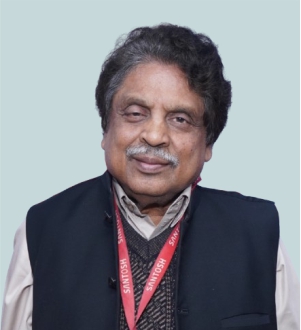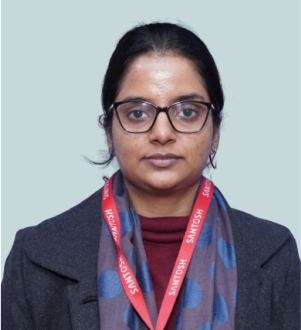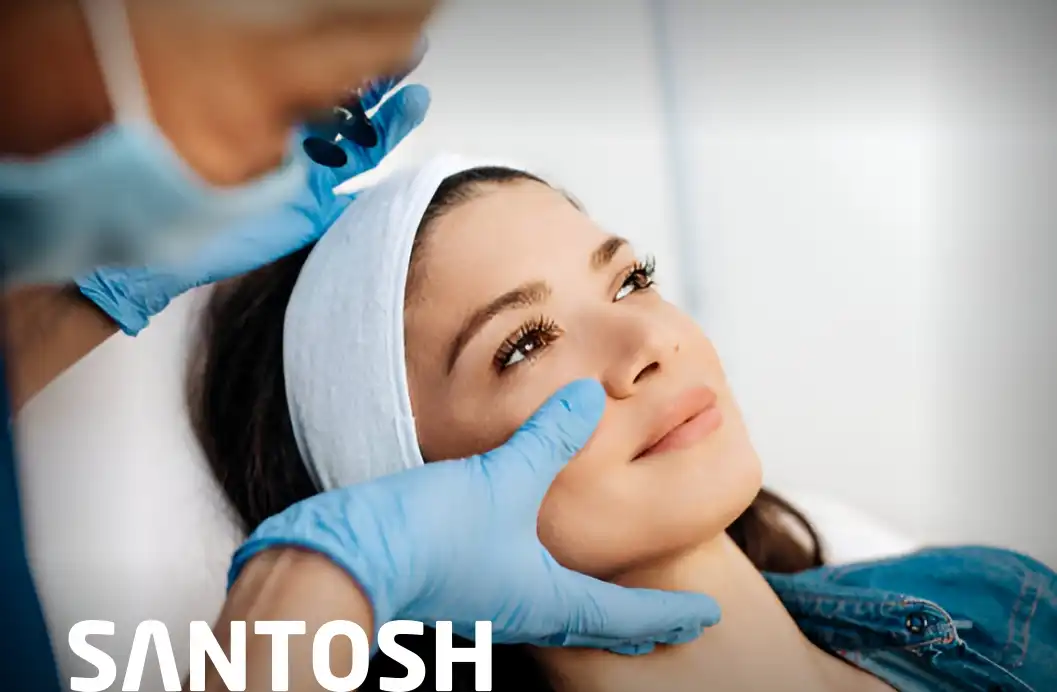Overview
Department of Dermatology, Venereology and Leprosy (DVL) is a specialized medical program that involves teaching clinical, research and prevention of diseases and conditions that affect the skin, hair, and nails. The program typically takes three years to complete and requires candidates to hold a Bachelor of Medicine and Bachelor of Surgery (MBBS) degree or equivalent. The program curriculum consists of both theoretical and practical training, with candidates required to complete clinical rotations and attend lectures and seminars. During the course of their training, Department of Dermatology, Venereology and Leprosy (DVL) candidates learn how to diagnose and treat a wide range of :
- Skin diseases like psoriasis, eczemas, lichen planus, tinea
- Diagnosis and management of Sexually transmitted Infections like chancroid ,syphilis etc
- Cosmetic dermatology procedures such as Microneedling, Platelet rich plasma therapy(PRP), Vitiligo surgery, chemical peels, radiofrequency ablation of verrucae and acrochordons etc
- Various diagnostic procedures are also carried out by the department such as skin biopsy, , KOH mount, Gram and giemsa staining
- MD candidates also learn nail biopsy and slit skin smear for leprosy
After completing the MD in Dermatology program, graduates can pursue a career as a dermatologist in both private and public settings. They can work in hospitals, private clinics, or start their own practice. They may also choose to specialize in a particular area of dermatology such as pediatric dermatology, cosmetic dermatology, or dermatopathology.
Click here if you want to know about course fees.
Curriculum
Assessment:
- Paper – I Basic Science as applied to Dermatology, STDs and Leprosy
- Paper – II Dermatology
- Paper – III STD & Leprosy
- Paper – IV Recent advances in field of Dermatology, Applied Sciences
- pertaining to skin /VD & internal medicine and skin
Clinical / Practical:
Practical examination should be taken to assess competence and skills of techniques and procedures and should consist of two long cases, two short cases and 10 spots.
During oral/viva voce examination, student should be evaluated for Interpretation of data,instruments, clinical problems, radiological and biochemical investigations, slides, drugs, X-rays etc.
Role of Hospital in MD Dermatology course:
Hospitals play a crucial role in the MD Dermatology course. During the MD Dermatology course, medical PG students receive training in various aspects of dermatology, including diagnosis, treatment, and management of skin diseases. Santosh hospital is 800 bedded hospital located in heart of Ghaziabad and caters to a large population . This provides opportunities to treat routine as well as rare skin conditions . Our Santosh Hospital training is provided through a combination of classroom lectures, clinical rotations, and hands-on experience in hospitals. Referrals from other departments , interdepartmental meets and CME provide a great learning experience for the student.
Hospitals provide a unique learning environment for MD Dermatology students, as they are exposed to a wide variety of skin diseases and conditions that they may not encounter in a private practice setting. Hospitals also offer access to advanced diagnostic tools and treatment modalities that may not be available in other settings. Clinical rotations in hospitals allow MD Dermatology students to work alongside experienced dermatologists and learn from their expertise. They also provide opportunities for students to develop their clinical skills and gain practical experience in treating patients with skin diseases. In addition to clinical rotations, Our Santosh hospitals also provide opportunities for MD Dermatology students to participate in research projects and clinical trials. This can help students develop their research skills and gain experience in conducting clinical research.
Team

Dr. Vijay Kumar Garg
Professor & HOD

Dr. Sameer Mishra
Associate Professor

Dr. Varun Khullar
Associate Professor

Dr. Gulshant Panesar
Associate Professor

Dr. Bhawuk Dhir
Assistant Professor

Dr. Sneha Sonker
Assistant Professor

Dr. Somya Sharma
Assistant Professor
Career Prospective
After completing an MD in Dermatology, you can pursue a career in both the private and government sectors. Here are some career prospects for MD Dermatology:
Private Practice: Many MD Dermatologists set up their private practice after completing their degree. You can open your clinic or join an existing practice. As a dermatologist, you will be able to diagnose and treat a variety of skin conditions, including acne, psoriasis, eczema, and skin cancer. You can also perform cosmetic procedures like Botox injections, laser hair removal, and chemical peels.
Hospitals and Clinics: Dermatologists are in demand in hospitals and clinics, both in the private and public sectors. You can work in outpatient clinics or inpatient wards, depending on your interest and experience. In hospitals, you may be required to work with other healthcare professionals to treat complex cases.
Academia: If you are interested in teaching and research, you can pursue a career in academia. You can join a medical college or university as a professor or a researcher. You can also participate in clinical trials and research projects related to dermatology.
Government Sector: As an MD Dermatologist, you can work in government hospitals, clinics, and health centers. You can also apply for jobs in government-run research institutions, public health departments, and regulatory bodies.
Working as a Medical Advisor: In this role, you would be responsible for providing medical advice and expertise to pharmaceutical companies, medical device manufacturers, and other organizations. You would be required to stay up-to-date on the latest research and clinical trials in your field to ensure that your advice is accurate and effective.
Clinical Research: Dermatologists can also work in the pharmaceutical industry in clinical research. You would be responsible for designing and conducting clinical trials to evaluate the safety and efficacy of new drugs or medical devices.
Medical Communications: In this role, you would work in a medical communications agency, writing and editing content for medical publications, presentations, and marketing materials. You would be required to have excellent communication skills and a thorough understanding of medical terminology.
Continuing Medical Education: Dermatologists are invited to deliver lectures, develop educational programs for healthcare professionals. This could include writing training materials or delivering educational sessions
Corporate Healthcare: Some corporations have their own healthcare departments that employ dermatologists to provide medical advice and treatment to their employees.
Overall, the career prospects for MD Dermatology are quite promising, and you have several options to choose from depending on your interest and experience.
